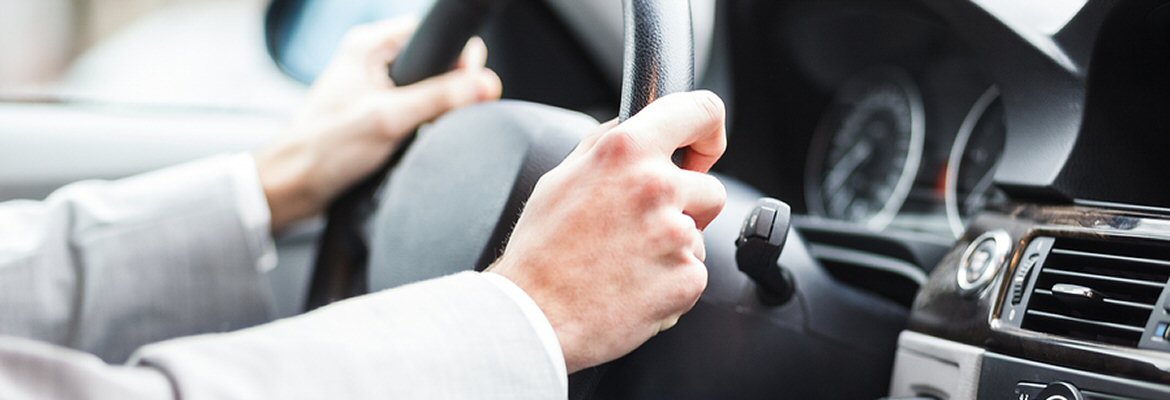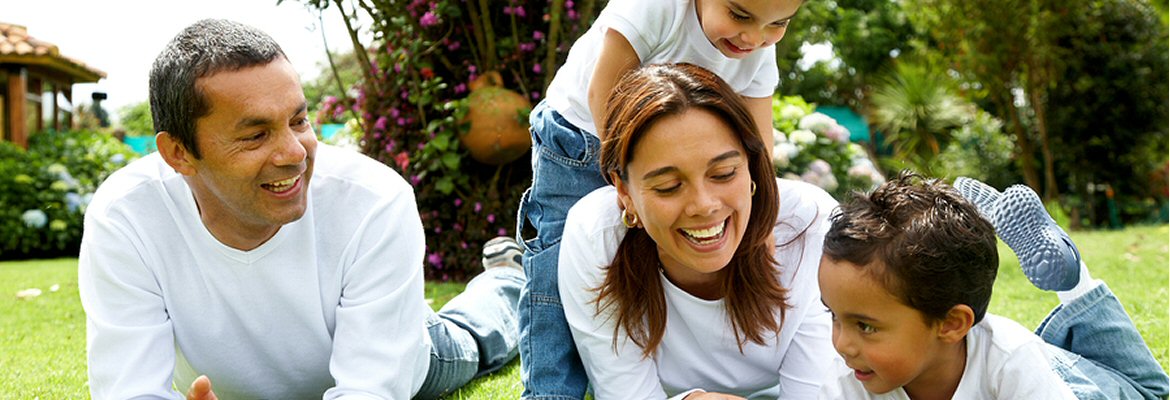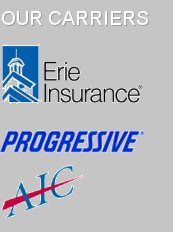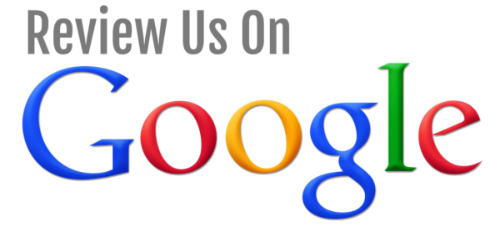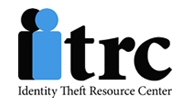 One of the popular myths regarding identity theft and fraud stems from the belief that identity theft is only a financial crime. In fact the theft of your financial information for the financial gain of the thief is only one type of identity crime. Several others relate to employment records, medical records and even criminal records.
One of the popular myths regarding identity theft and fraud stems from the belief that identity theft is only a financial crime. In fact the theft of your financial information for the financial gain of the thief is only one type of identity crime. Several others relate to employment records, medical records and even criminal records.
Employment Identity Fraud
When someone impersonates you in the workplace using your employment records, it can mean problems for you in terms of Social Security, the IRS and your work history, to name a few. Find out more about employment identity theft and fraud and how you can recover from it.
Medical Identity Theft
If your medical records are stolen, they can be used by the thief to access drugs or treatment and/or to submit fraudulent insurance claims to receive the financial benefit. Get the details and learn how to protect against medical identity theft.
Criminal Identity Theft
When a person commits a crime and uses an identity stolen from you to avoid apprehension or prosectution by law enforcement, it can result in a criminal record in your name and perhaps even an arrest if there is an warrant issued. Learn about your options as the victim of criminal identity theft.
What happens if you become a victim of an identity crime?
Depending upon the type of identity theft or fraud, you might not learn about it for quite some time. It can be a daunting task -- time consuming and quite expensive -- just to learn who to contact and what steps to take to mitigate the damage and ultimately recover your identity.
Identity Recovery Insurance Coverage
Many of the major insurance companies offer coverage to help you recover your identity. some offer a stand-alone policy while others make it available as part of homeowners insurance. Still others offer the coverage as an endorsement.
Where to Start...
Ask your insurance agent or contact us here at the Daniel Howley Insurance Agency where an experienced agent can explain the details. We can help you explore your options to protect aganst identity theft before you ever become a victim.
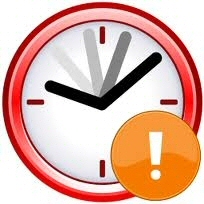 Daylight Savings Time is coming to and end and it is now time to “fall back” to Eastern Standard Time. And it's a tradition for many homeowners to check their smoke alarm batteries at the same time. Here at the Daniel Howley Insurance Agency, we're all about safety. So we urge you to get into the habit of changing your smoke alarm batteries as you reset your clocks marking the end of Daylight Savings Time to keep your family safe and protect your home from fire and smoke damage. Moreover, this will help you to avoid homeowners insurance claims.
Daylight Savings Time is coming to and end and it is now time to “fall back” to Eastern Standard Time. And it's a tradition for many homeowners to check their smoke alarm batteries at the same time. Here at the Daniel Howley Insurance Agency, we're all about safety. So we urge you to get into the habit of changing your smoke alarm batteries as you reset your clocks marking the end of Daylight Savings Time to keep your family safe and protect your home from fire and smoke damage. Moreover, this will help you to avoid homeowners insurance claims.
No one doubts the value of a reliable smoke alarm, but just having smoke alarms in your home isn't enough.It is important that they actually work if you are to be protected from fire damage. Optimally, doing a quick check of your smoke alarms each month will ensure that they are ready to sound the warning should you need them. Then, changing the batteries in each smoke detector at least once a year will ensure thatthey remain fresh and strong.
Could a Smoke Alarm Stop Working?
There are a number of reasons that smoke alarms might stop working . If they have not been replaced in ten years or more, they could fail. More commonly, however, an alarm fails to detect fire and smoke because due to lack of power -- either a dead batter or disconnection from the power source. In fact, the National Fire Protection Association (NFPA) warns that about two-thirds of home fire deaths in 2005-2009 resulted from fires in homes with no smoke alarms or non-working smoke alarms.
But My Smoke Alarm Will Remind Me, Right?
It is true that most smoke alarms alert you by beeping when the batteries need to be replaced. But relying on that warning is a bad idea for many reasons such as…
- If you are not at home during the time the beeping alert occurs, you would likely not even know that your alarms are not working. This leaves your family and your home unprotected against fire.
- Perhaps you'd be tempted to just stop the beeping by removing the batteries or disconnecting your smoke alarm, if you don't have replacement smoke alarm batteries ready when the alert occurs. Then, until you remember to reconnect the alarm, replace the batteries and get your smoke alarm working again, you have virtually no protection from the perils of fire in your home.
Smoke Alarm Battery Facts
- It is important to install the correct type of replacement battery as recommended in the alarm's instruction manual or label and follow all directions. Manufacturers of smoke alarms advise against using rechargeable batteries.
- It is time to replace the entire smoke alarm unit if the alarm is producing frequent nuisance alarms. Don’t be tempted to just disconnect the battery to stop the nuisance alarms.
- If your home has hard-wired smoke alarms with a battery back-up, that battery should be replaced every year just like the battery-powered units. In fact, the only exceptions to the yearly-replacement rule are hard-wired smoke alarms without a battery backup. If your smoke alarm is not hard-wired but does not have a replaceable battery, then the entire unit should be replaced at least every ten years.
- You will also want to change the batteries in your carbon monoxide alarm at the same time that you change your smoke alarm batteries.
- At the time that you change the smoke alarm batteries, take the opportunity to clean your smoke alarm, as well.
- More About Home Smoke Alarms from the NFPA (Video)
- Smoke Alarms: Installation and Maintenance Tips
- Smoke Alarm Types: Ionization vs. Photoelectric
 Halloween is just around the corner. It is not just the kids that look forward to this holiday full of festivities, fun and costumes. It can be full of fun if you follow a few tips to ensure safety and protect your home from liability. A homeowners insurance claim can certainly spoil the fun.
Halloween is just around the corner. It is not just the kids that look forward to this holiday full of festivities, fun and costumes. It can be full of fun if you follow a few tips to ensure safety and protect your home from liability. A homeowners insurance claim can certainly spoil the fun.
Will you be hosting a party? Or perhaps welcoming trick-or-treaters? Either way, opening your property to the public can leave you vulnerable to insurance claims and lawsuits.
Follow these tips to assure Halloween home safety...
- Keep the Lights On –Be sure your visitors, including trick-or-treaters, can see clearly when they enter your property after dark, to avoid falls and other injuries. In addition to protecting against a liability claim, you’ll deter burglars who don't like a well-lit home.
- Create a Clear Path – Remove any obstacles from around your home so that visitors don’t stumble and injure themselves. At all times, but especially at Halloween, clear your home's pathways of lawn ornaments, gardening equipment, toys, etc. to help avoid a liability.
- Avoid Open Flames – Candles and luminaries set a spooky mood for Halloween,but they are easily overturned raising the risk for fire damage and, thus, a homeowners insurance claim. Perhaps battery-powered lanterns and light sticks are better choices.
-
Confine Your Pets – For the safety of your pets as well as your guests, keep dogs and cats away from the front porch or areas where they might jump on or even bite unfamiliar visitors.
-
Supervise Pumpkin Carving – Enjoy the fun but follow home safety precautions by having an adult or older child carve the pumpkin this Halloween. Consider using a special pumpkin cutter for even greater safety.
- Jack-o-Lantern Safety – Opt for a battery-powered light in your pumpkins instead of a candle to avoid fire damage. Unattended Jack-o-Lanterns lit by candles can easily be tipped over by trick-or-treaters or pets.
- Think Before You Serve – Offer only commercially-packaged treats to trick-or-treaters. You are responsible for the safety of guests who will visit your home this Halloween. So, be sure to serve non-alcoholic beverages to your older party guests; and, if you will be serving alcohol, be sure not do allow it for anyone who is under-age. Planning to set a spooky mood at your party by using dry ice in a punchbowl? If so, be sure to keep the chips out since they can cause severe injury if ingested.
- Test Your Home Smoke Alarms – Minimize the chance of having a claim for fire damage by testing your smoke alarms well in advance of the Halloween celebrations. It is also a good time to test your home security system.
- Assure Home Security – Be sure to set your security alarm system before you leave your home on Halloween -- a prime time of year for mischief and burglaries. While you're at it, activate motion-sensitive lights and alert your neighbors that you will be away.
- Review Your Homeowners Insurance – A moment spendt speaking with your insurance agent will ensure that you will be fully protected for whatever plans you have for the Halloween Holiday. The time to find out that your coverage is incomplete is NOT after you have a claim.
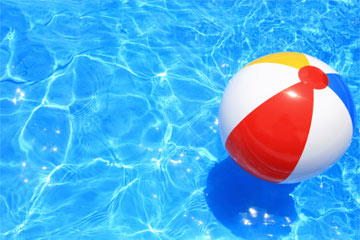 When summer temperatures begin to soar, many of us beat the heat by relaxing in our backyard swimming pool. It seems that taking advantage of a residential swimming pool is more popular than ever before. It is estimated that about 10 million households own residential pools, based on information from the Association of Pool and Spa Professionals.
When summer temperatures begin to soar, many of us beat the heat by relaxing in our backyard swimming pool. It seems that taking advantage of a residential swimming pool is more popular than ever before. It is estimated that about 10 million households own residential pools, based on information from the Association of Pool and Spa Professionals.
But all swimming pools pose a danger, especially to children – whether the elaborate in-gound pool or the smallest inflatable wading variety.
Safety Tips for Swimming Pool Owners
The following will not only help prevent accidents but will also diminish your liability risk:
- Post instructions for CPR as well as emergency telephone numbers in the pool area and store a cordless, water-resistant phone in the area.
- Keep a well-stocked first aid kit, reaching poles and ring buoys near the pool area to be used in case of emergency; and do not allow children to play with these items. Consider Pool alarms and safety covers add extra protection.
- Install a fence around the entire pool area with a gate that latches and locks. Fences should be at least 4 feet high and furniture or other items should never be left close enough to the fence for children to climb over.
- Empty wading pools completely after each use, and always store them upside-down to avoid collection of rain water.
-
- Adults should not swim alone, and children should never swim without an adult present and watching them constantly.
- Keep the pool area clear of glass items, electrical devices (radios, CD players, etc.), and obstacles that could cause a fall or other injury.
- The powerful suction of a pool drain can trap a child under water. Cover your drain with a safety guard, tie up long hair before swimming, and teach children to stay away from drains and filters. In particular, teach them never to sit on a pool drain.
- Consider having older teens and adults take a course in basic first aid and CPR, and anyone who is not a good swimmer should wear a U.S. Coast Guard approved life vest while in your pool. Register your family’s non-swimmers for lessons with a certified swimming instructor.
Insurance and Liability Issues
If you will be installing a swimming pool at your residence, be sure to examine the insurance implications as well as the safety issues. The Insurance Information Institute recommends the following:
- Your insurance liability risk will be greater once you have a pool at your residence. it is important to check with your insurance agent to see that your homeowners policy adequately covers the liability. Depending upon the value of your pool, you might need to increase your coverage in the case of destruction by a storm or other disaster.
- You will find that the definition of a pool that drives local safety standards and building codes will vary by location. You will want to have this information before you purchase the pool so that you may comply with the regulations.

